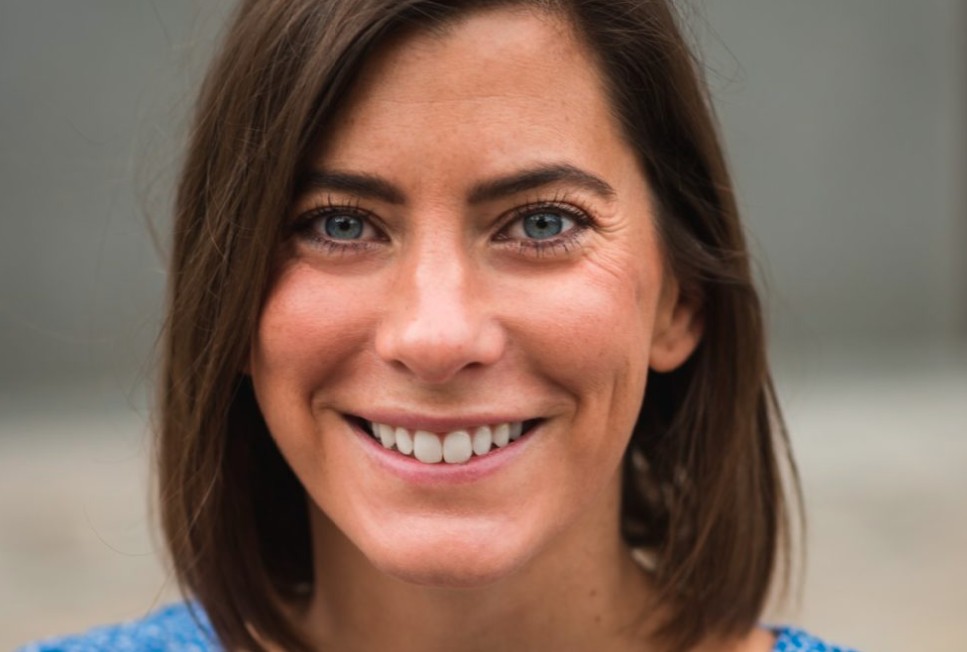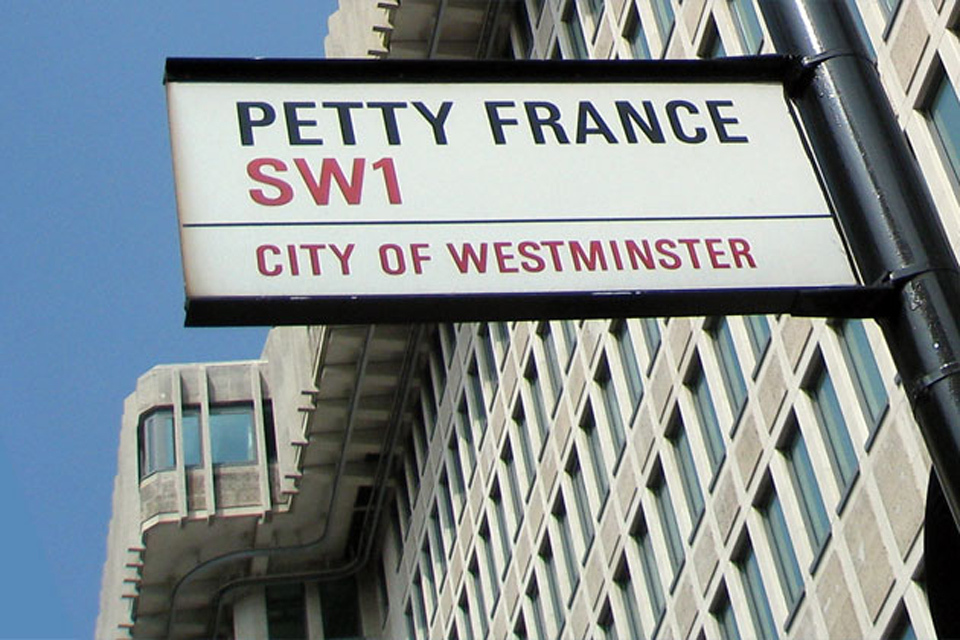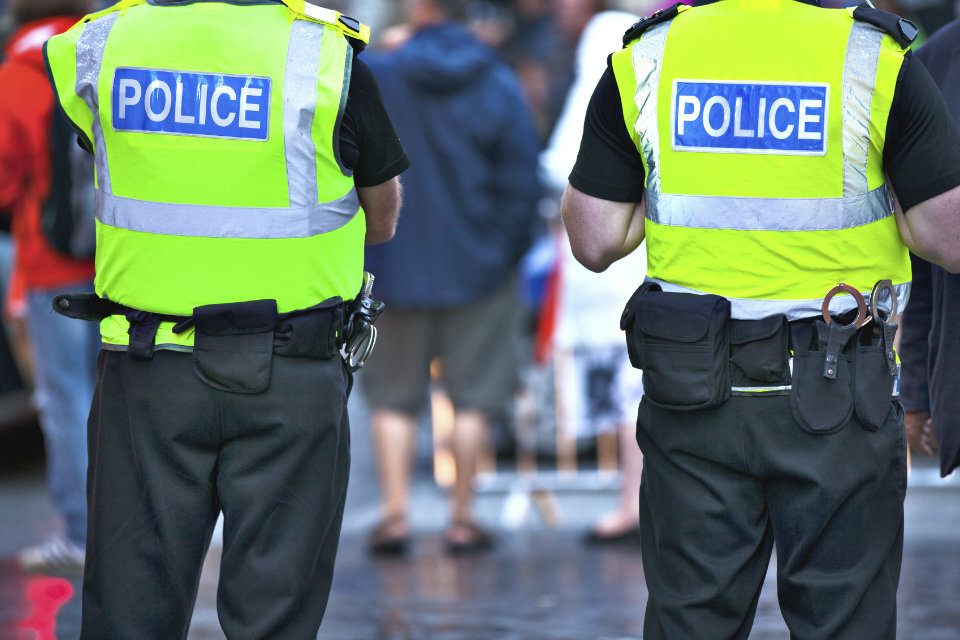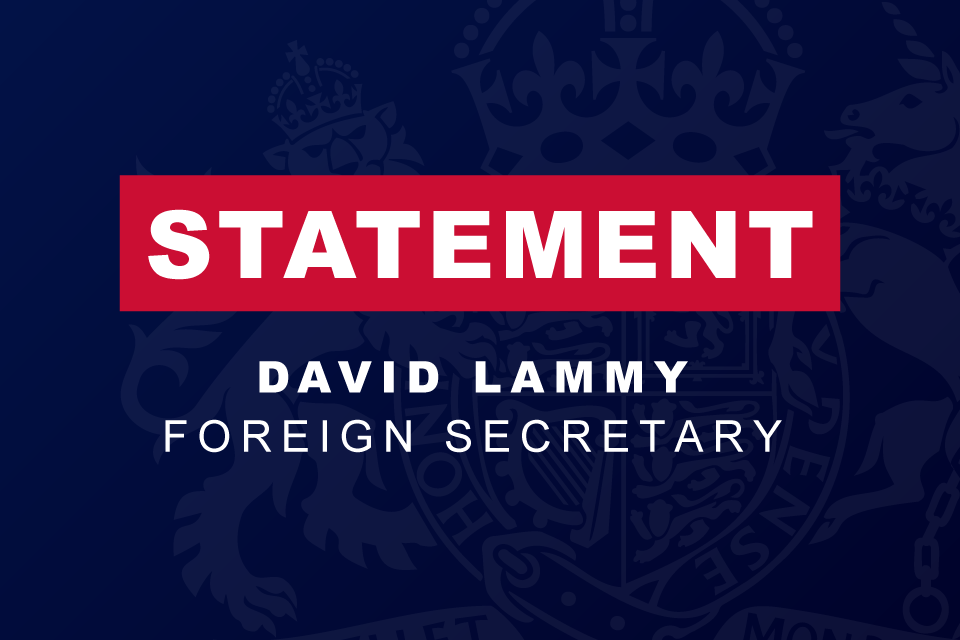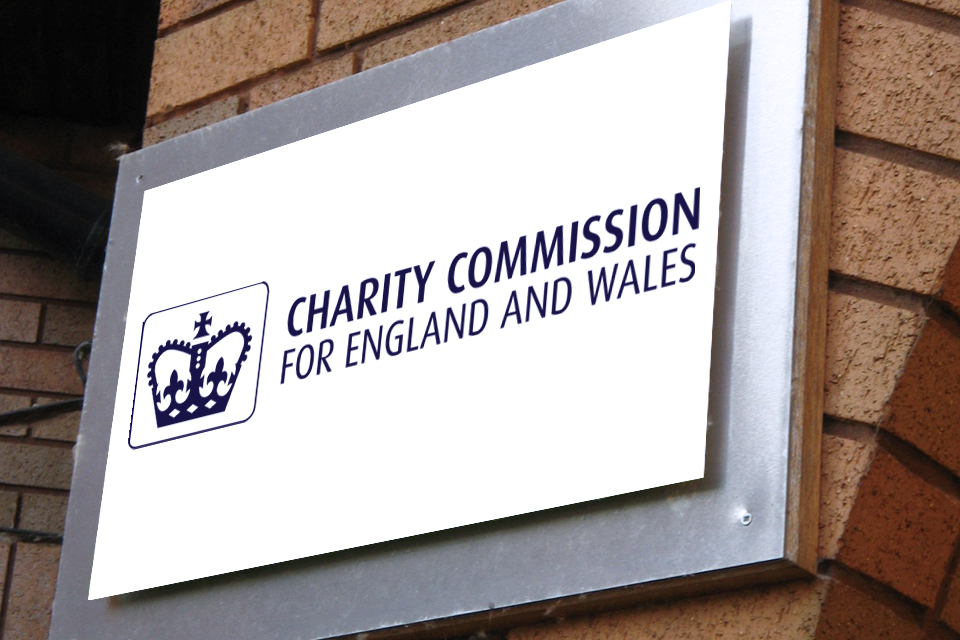What's On
There were 179 cases of listeriosis reported in England and…
Going Out
Nothing quite hits the spot like late-night basement cocktails soundtracked…
Reviews
Asda has appointed Morrisons Marketing Director Rachel Ery’s new customer…
Latest Articles
Can you still buy new CD players?Absolutely! While CD sales understandably dropped as the popularity of music downloads…
Britain secures the first US trade deal protecting British business and British jobs, the second landmark deal in…
Thank you, Mr Chair. I would like to offer a warm welcome to Ambassador Keiderling for the final…
Memorandum of Cooperation signed by Minister Sackman in Kyiv Agreement made as Minister Sackman attends United for Justice…
UK Government today launches a public online exhibition showcasing the five potential design concepts for the site of…
Calling all fans of aliens, spaceships, and the like – an intriguing new sci-fi art exhibition has opened…
The United Kingdom Atomic Energy Authority (UKAEA) welcomed British musician, comedian and television star, Bill Bailey, to its…
Police officers found guilty of gross misconduct will no longer be able to escape dismissal under new rules…
In Spotlight
The Secretary of State for Northern Ireland Hilary Benn MP…














